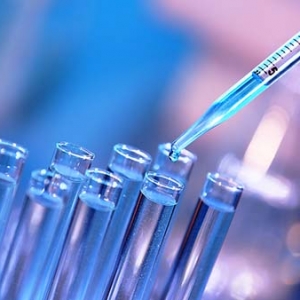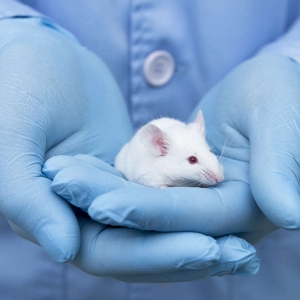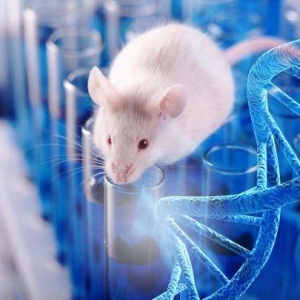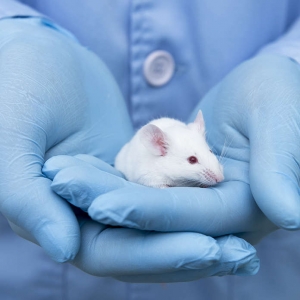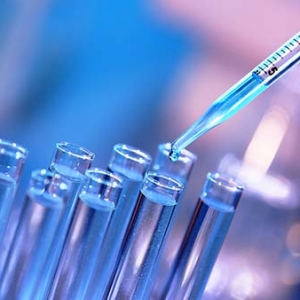What is Local Toxicity Evaluation?
Local toxicity refers to the direct damage caused by certain drugs at the contact site of the body, which initially manifests as cell death at the direct contact site. Dosage forms such as ointments, drops, lotions, scalp patches, sprays, and topical powders generally require local toxicity testing of the drug. Factors causing local toxicity include:
- Pharmaceutical active ingredients or components
- New ingredients produced after compatibility
- Metabolites in the body
- Impurities during preparation
- Physical and chemical properties of preparations
How is Local Toxicity Evaluation Performed?
| Animal Species | Drug Types | Administration Routes | Study Content |
|---|---|---|---|
|
|
|
|

